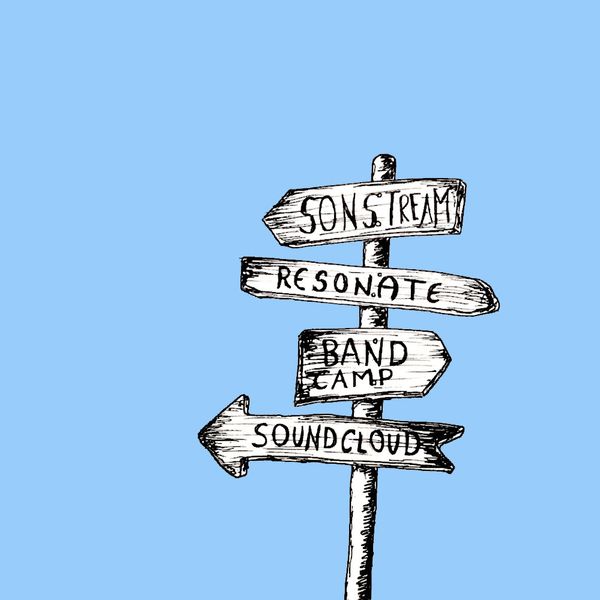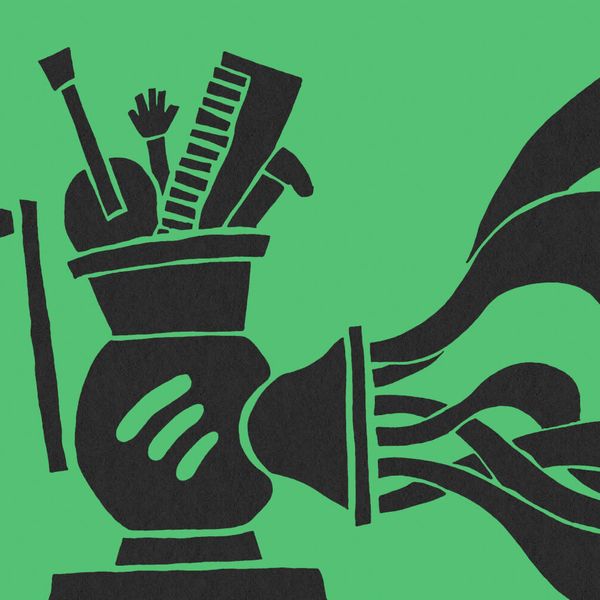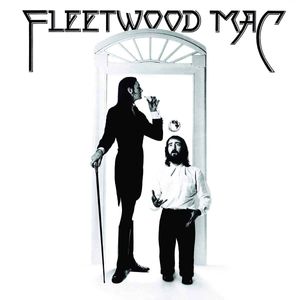With music streaming remuneration reform on hiatus, is it the government’s cue to step in?

After months of government-led working groups, a ‘voluntary solution’ to music streaming remuneration inequities has not been forthcoming.
We’ve written previously about the meat grinder remuneration practices of streaming services like Spotify and though there has been plenty of noise in the years since, legislative change remains conspicuously absent.
A Creator Remuneration Working Group (CRWG) was established earlier in 2024. Its remit was to explore the current mechanics of streaming royalties and “where possible and appropriate, seek cross-industry action on creator remuneration from music streaming.”
The group has 20 members (full list viewable here), of which 4 are performer/creative representatives. The first meeting was April 18th of this year and it has convened monthly since.
Naomi Pohl, general secretary of the Musicians’ Union, is a member of the CRWG, and characterises the discussions as having reached something of an impasse.
“Labels are still saying that they don't really accept there's a problem with creative remuneration,” she says. “We need to reach a voluntary solution. Otherwise, the government will legislate.”
At present signed artists typically get around 30% of the revenue for a given stream. This is closer to radio rates, while for physical media like CD or vinyl it’s around 50%. Given 86% of recorded music consumption in the UK is through streaming, this amounts to hundreds of millions of pounds going to labels rather than artists each year.
Payouts are even worse for session musicians, who are only entitled to streaming royalties after 50 years. This is because when the copyright was extended from 50 to 70 the conditions changed slightly, but only for the new spell.
Accordingly Pohl 's requests include increasing the minimum payout from streams from 30% to 50%, and extending royalties to other track contributors like session musicians and songwriters.
“This is an issue of the individual worker versus the major international corporation where it's millions, millions of pounds of profit being generated, but the individual musicians who make the music don't get a fair share of that.”
For their part labels are playing a delicate game: cede enough ground voluntarily to make calls for legislative change to quieten down.
“The only incentive for labels is that if they don't reach a voluntary solution with us, the government will legislate,” Pohl says. “And they don't want that.”
All this of course assumes the new government is willing and able to legislate. In August it pledged to 'address concerns' around music creators’ earnings from streaming, which sounds a fair way off ‘bringing forward legislation’ around music creators’ earnings from streaming.
The UK is not alone in nibbling around the edges of this systemic rot. The US has gotten a little closer by introducing the Living Wage for Musicians Act in March of this year, though it is yet to be voted on.
The actions taken - or not taken - in the coming months will likely have broader ramifications for the industry. In July the Council of Music Makers released an ‘Unfinished Business’ statement reiterating the importance of five areas:
Creator remuneration
Data and transparency
Artificial intelligence
Grassroots live music
Misogyny in music
As Pohl notes, the five areas listed above are all entwined. Failures in one area affect the others.
Included in the Council of Music Makers statement was the following: “Without sincere pressure from the new government and Parliament to bring about change, we fear the past four years of work will amount to nothing.” This seems to be the state of play.
The music industry isn’t going to give creators more money out of the kindness of their hearts. Does Labour have the guts to walk the walk and ‘fix the foundations’ of the music industry?

Related Posts

Artist-friendly music streaming alternatives to Spotify et al.

What would a music streaming minimum wage look like?

Soma, Spotify, and the brave new world of music consumption











